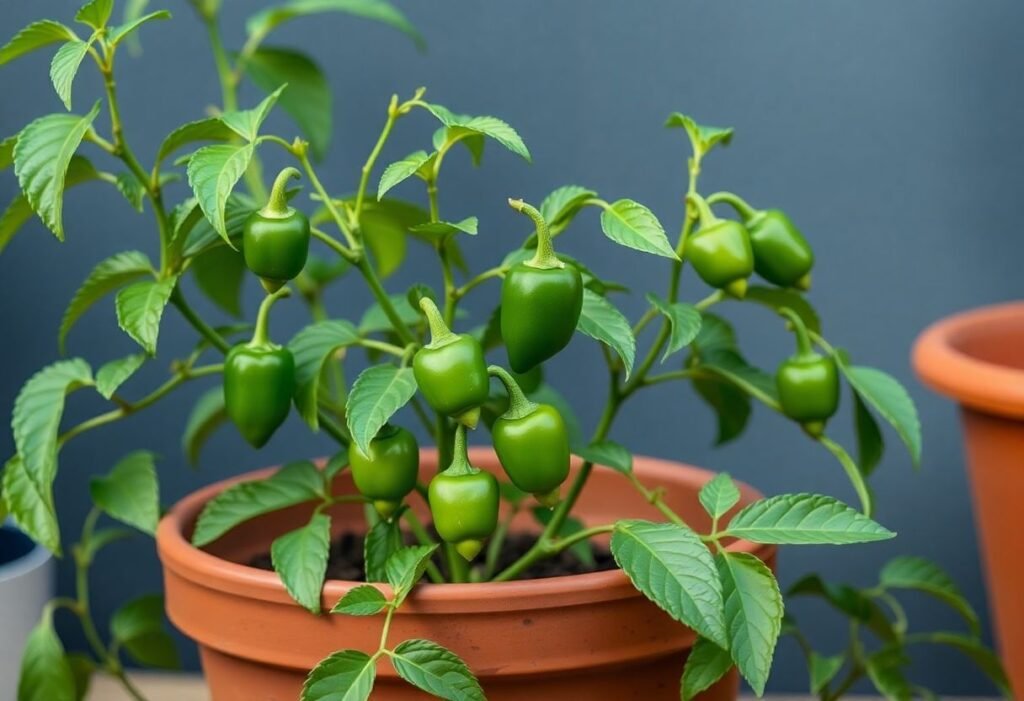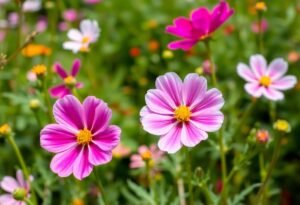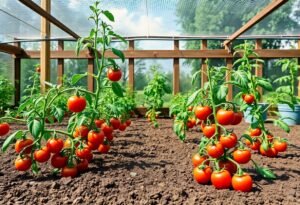Choosing the Right Pot for Jalapeño Plants
When considering how to grow jalapeño peppers in a pot, the first step is selecting the appropriate container. A pot that is at least 5 gallons in size is an ideal choice for these spicy plants. Ensure the pot has good drainage holes to prevent water from sitting at the bottom. Proper drainage is crucial for healthy root development and to avoid issues like root rot. Terra cotta, plastic, or fabric pots are all suitable options. Each type has its benefits; just make sure it’s sturdy enough to support the plant as it grows.
Soil Selection and Preparation
The right soil is vital for growing jalapeño peppers. Look for a high-quality potting mix that is well-draining and rich in organic matter. A mix that combines peat, compost, and perlite works well. Adding a slow-release fertilizer at planting can give your peppers a good start. The pH level should ideally be between 6.0 and 6.8. Preparing the soil properly will establish a strong foundation that ensures your plants thrive.
Where to Place Your Pot
Sunlight is essential for jalapeño pepper growth. Ideally, your pots should be placed in a location that receives at least 6 to 8 hours of full sunlight each day. If you’re using a balcony or patio, this might mean moving pots around to find the perfect sunny spot. Remember, jalapeños love warmth, so a bright and warm environment will promote optimal growth. If the weather gets too hot, consider providing some shade during the hottest parts of the day.
Watering Your Jalapeño Plants
Watering is crucial when it comes to growing jalapeño peppers. It’s important to keep the soil consistently moist, especially during the hot summer months. However, be careful not to overwater; the soil should dry slightly between watering sessions. Using a moisture meter can help you gauge when to water. Consistent watering will help your jalapeños produce bountiful fruit while ensuring their growth remains steady.
Fertilizing for Optimal Growth
To achieve the best results when growing jalapeño peppers in a pot, fertilization is important. Use a balanced fertilizer every 4-6 weeks to provide essential nutrients. As the peppers begin to set fruit, switching to a fertilizer higher in potassium and phosphorus can help enhance fruit development and flavor. Regular feeding helps your plants produce abundant peppers that add zest to your favorite dishes!
Pest and Disease Management
Keeping your jalapeño plants healthy is also crucial. Pests like aphids and spider mites can be a concern. Regularly inspecting your plants and using insecticidal soap can help keep them at bay. Additionally, diseases such as powdery mildew can affect your plants if they’re not properly cared for. Maintaining good air circulation around your plants and avoiding overhead watering can significantly reduce these risks.
Harvesting Your Jalapeño Peppers
Finally, the moment of joy comes when it’s time to harvest your jalapeño peppers. Typically, these peppers will be ready to pick around 70 to 80 days after planting. Harvest them when they are firm and bright green, but don’t hesitate to let some ripen to red for added sweetness. The satisfaction of picking your homegrown peppers is unbeatable, especially when you use them in your favorite recipes!
Conclusion: Your Jalapeño Adventure Awaits!
Now that you know how to grow jalapeño peppers in a pot, it’s time to get started! Cultivating your peppers can transform your meals and allow you to enjoy the fruits of your labor, literally and metaphorically. So grab your pots, seeds, and a little bit of passion for gardening, and begin your jalapeño adventure today!
Disclaimer
This article is for informational purposes only. Always do your research and consult with a gardening expert for personalized advice.

















